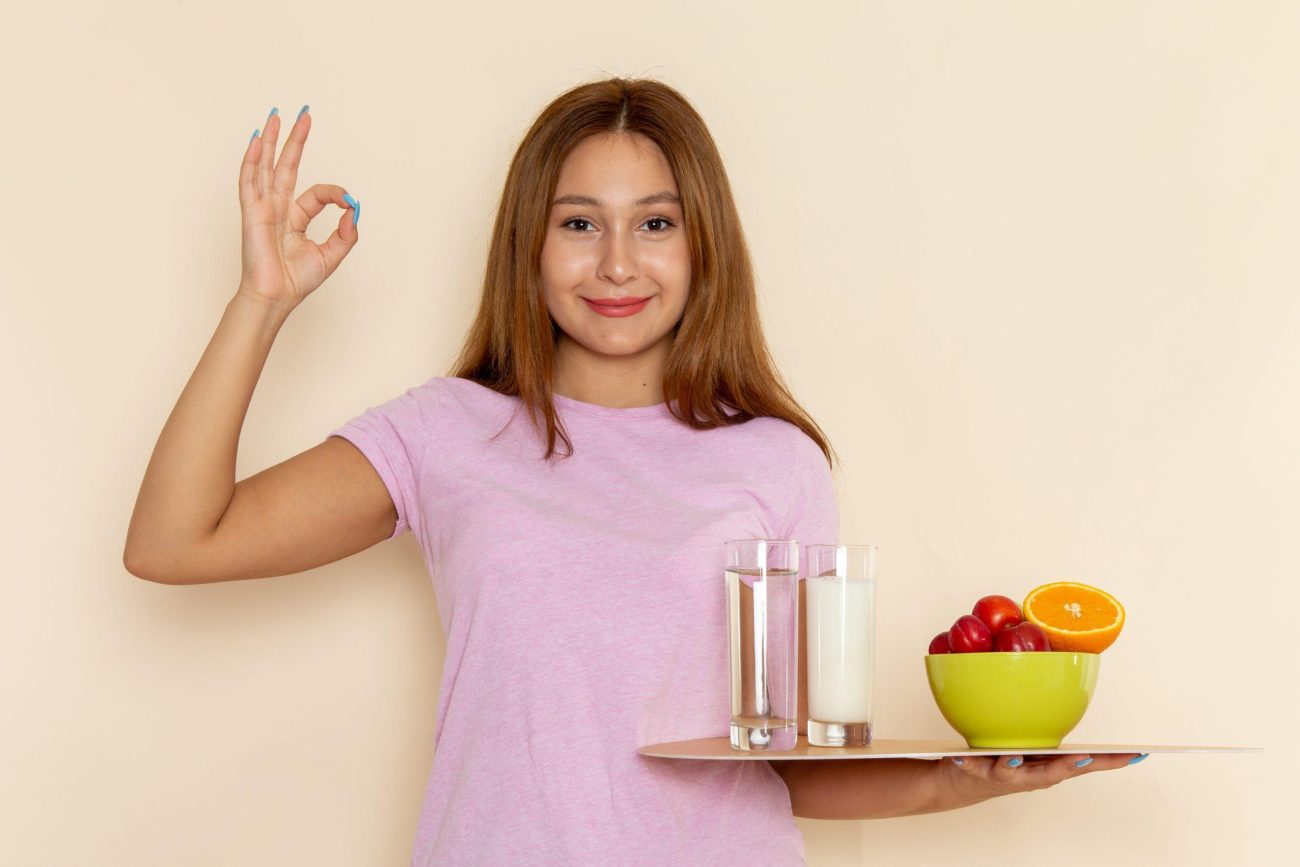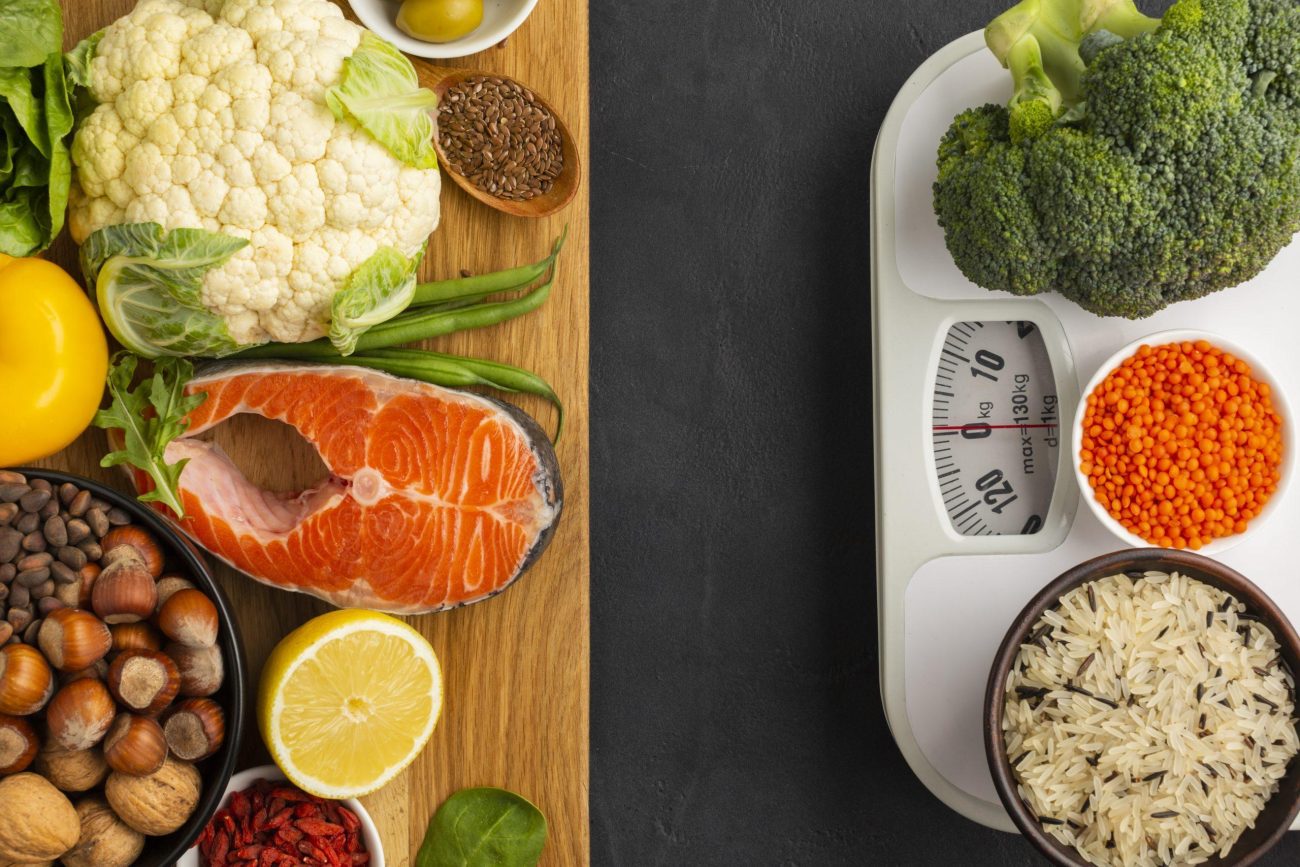How to Balance Your Daily Protein Intake
Protein is an essential nutrient that plays a vital role in many bodily functions, including building and repairing tissues, making enzymes and hormones, and transporting nutrients. It is also important for maintaining muscle mass and

Protein is an essential nutrient that plays a vital role in many bodily functions, including building and repairing tissues, making enzymes and hormones, and transporting nutrients. It is also important for maintaining muscle mass and strength, especially as we age.
The recommended daily intake (RDI) of protein for adults is 0.8 grams per kilogram of body weight. However, some people may need more or less protein depending on their age, activity level, and health status. For example,
athletes and active adults may need up to 1.2 grams of protein per kilogram of body weight. And people who are recovering from surgery or injury may also need more protein.
There are many different ways to get protein in your diet. Animal sources of protein, such as meat, poultry, fish, eggs, and dairy products, are considered complete proteins because they contain all nine essential amino acids that the
body cannot produce on its own. Plant sources of protein, such as beans, lentils, nuts, seeds, and whole grains, are incomplete proteins because they do not contain all nine essential amino acids. However, you can combine two
or more incomplete plant proteins to create a complete protein.
To balance your daily protein intake, it’s important to eat a variety of protein-rich foods throughout the day. This will help ensure that you’re getting all the essential amino acids your body needs. Here are some tips for
balancing your daily protein intake:
● Include protein at every meal and snack: This will help spread your protein intake throughout the day and prevent you from feeling too hungry.
● Choose a variety of protein sources: This will help you get all the essential amino acids your body needs.
● If you’re a vegetarian or vegan, be sure to combine different plant proteins to create complete proteins: For example, you could have a bean burrito with rice and cheese for lunch, and a lentil soup with whole-wheat bread for dinner.
● If you’re active, you may need more protein than the RDI: Talk to your doctor or a registered dietitian to determine how much protein you need.
● Cook your protein thoroughly: This will help make it easier for your body to digest and absorb.
● Pair your protein with healthy fats and carbohydrates: This will help slow down the absorption of protein and prevent it from spiking your blood sugar levels.
● Eat protein snacks throughout the day: This will help keep you feeling full and satisfied.
● If you’re taking a protein supplement, be sure to choose one that is high quality and from a reputable brand.
By following these tips, you can easily balance your daily protein intake and ensure that you’re getting the protein your body needs to stay healthy.
Here are some additional benefits of getting enough protein in your diet:
● Weight loss: Protein can help you feel fuller longer, which can help you
eat fewer calories overall.
● Muscle gain: Protein is essential for building and repairing muscle tissue.
● Stronger bones: Protein helps to build and maintain strong bones.
● Healthy hair and nails: Protein is essential for healthy hair and nails.
● Improved immune function: Protein helps to support a healthy immune system.
● Reduced risk of chronic diseases: Protein may help to reduce the risk of chronic diseases such as heart disease, stroke, and type 2 diabetes.
If you’re not sure how much protein you should be eating, talk to your doctor or a registered dietitian. They can help you determine your individual protein needs and create a diet plan that is right for you.
Here are some common mistakes people make when it comes to protein intake:
● Not eating enough protein: This can lead to muscle loss, fatigue, and weight gain.
● Eating too much protein: This can put a strain on your kidneys and liver.
● Getting all of your protein from animal sources: This can increase your risk of heart disease and cancer.
● Not eating enough plant-based protein: Plant-based proteins are a great way to get all the essential amino acids your body needs.
● Not eating enough protein snacks: This can lead to hunger and cravings later in the day.
If you’re making any of these mistakes, it’s important to make some changes to your diet. Talk to your doctor or a registered dietitian for more personalised advice.


